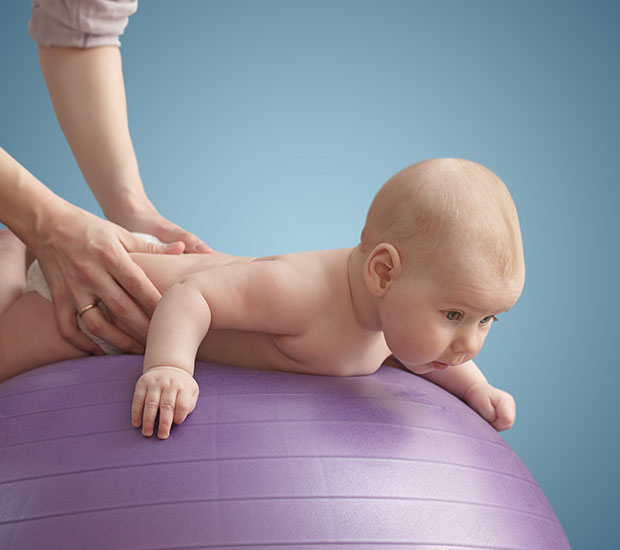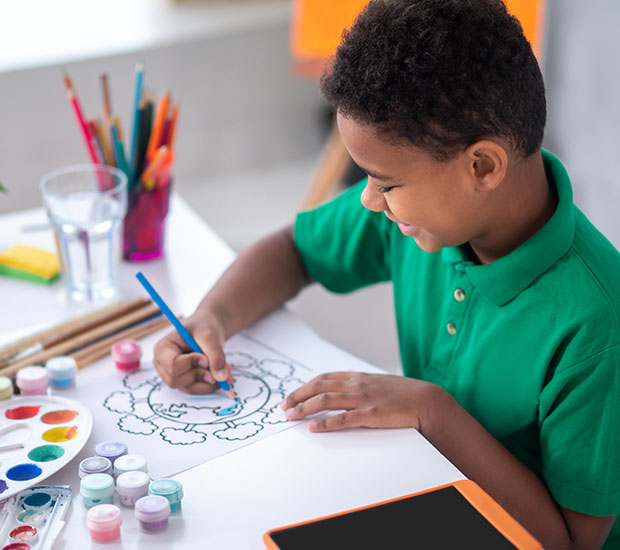
Muscle tone is a constant state of tension in our muscles. It can be modified or altered based on physiological aspects (neuromotor involvement) as well as emotional aspects:
Disturbance or unusual trajectory in the acquisitions of stages in the child development:


Disruption in the nervous system affecting a person’s control of movement or modification in the person’s genetic system:
A baby is considered premature when born before 37 weeks of gestation or before 8 and a half months of pregnancy


A disturbance in the functioning of the body that can be of an organic or psychic origin. It can vary in intensity and expression
A series of early actions from birth to 6 years old to respond as soon as possible to difficulties in development or situations of risk that could impact the quality of the child’s development. They can be preventive or intervention measures


These manifest through difficulties in taking milk (breast or bottle) or eating certain types of food. The child is very selective, always eats the same thing, or eats very little. Meals can take a long time. The child may present sensory hypersensitivity (smells, tastes, touch…). Psychomotor intervention focuses on postural, motor, sensory and relational aspects.
A deficit in an area of brain development that appears early in childhood. Difficulties usually present in the long term and have an impact on the family, social, or school life of the child.


Inappropriate behavior or reactions; maladaptive response to certain emotions that impact social and/or personal well-being.
Specific disorders in learning areas (reading, written or oral expression, concentration, calculation), also called “DIS” disorders that occur in children without identified intellectual deficits, sensory impairment (vision, hearing), or neurological issues.

Copyright 2024 | Sophia Skalli, Psicomotricista graduada | Todos los derechos reservados | Política de cookies | Política de privacidad